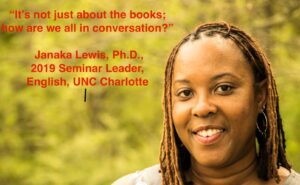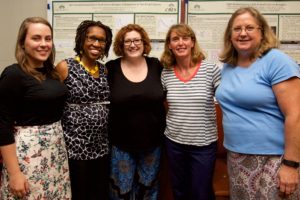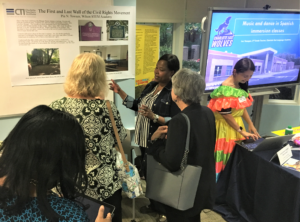Roshan Varghese, History, Butler High School
Synopsis
Bryan Stevenson, the esteemed civil rights attorney and founder of the Equal Justice Initiative, said in an NPR interview in early 2020, “There are countries that have engaged in a national effort of truth-telling. We saw that in South Africa after the collapse of apartheid. The truth and reconciliation process there was very powerful. The victims of apartheid had an opportunity to tell their stories. The perpetrators were also required to speak about their role. It was an important process. And when I went to South Africa, I noticed in Johannesburg that they have an apartheid museum, that they have places that make sure that people do not forget the injustice created by apartheid. Outside the constitutional court in Johannesburg, there are symbols and monuments and memorials that talk about the wrongfulness of apartheid.” As the United States continues to grapple with the complexities and necessities of racial harmony and peace, we can take a look at countries like Germany and South Africa who have addressed issues of bigotry and hatred with a more head-on approach. Despite our nation abolishing slavery over 155 years ago, and dismantling Jim Crow laws and segregation over 55 years ago, we are sometimes farther away from societal unity than we should be, due not only to partisan bickering, but more so, the lack of reckoning needed for real progress to be made. If we do not engage the past, we will never move forward into the future. As Mr. Stevenson argues, we can learn lessons from countries who have learned these tough truths, while not sacrificing who they are.











 Home
Home